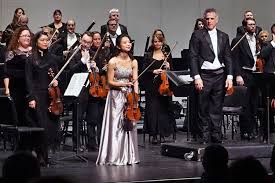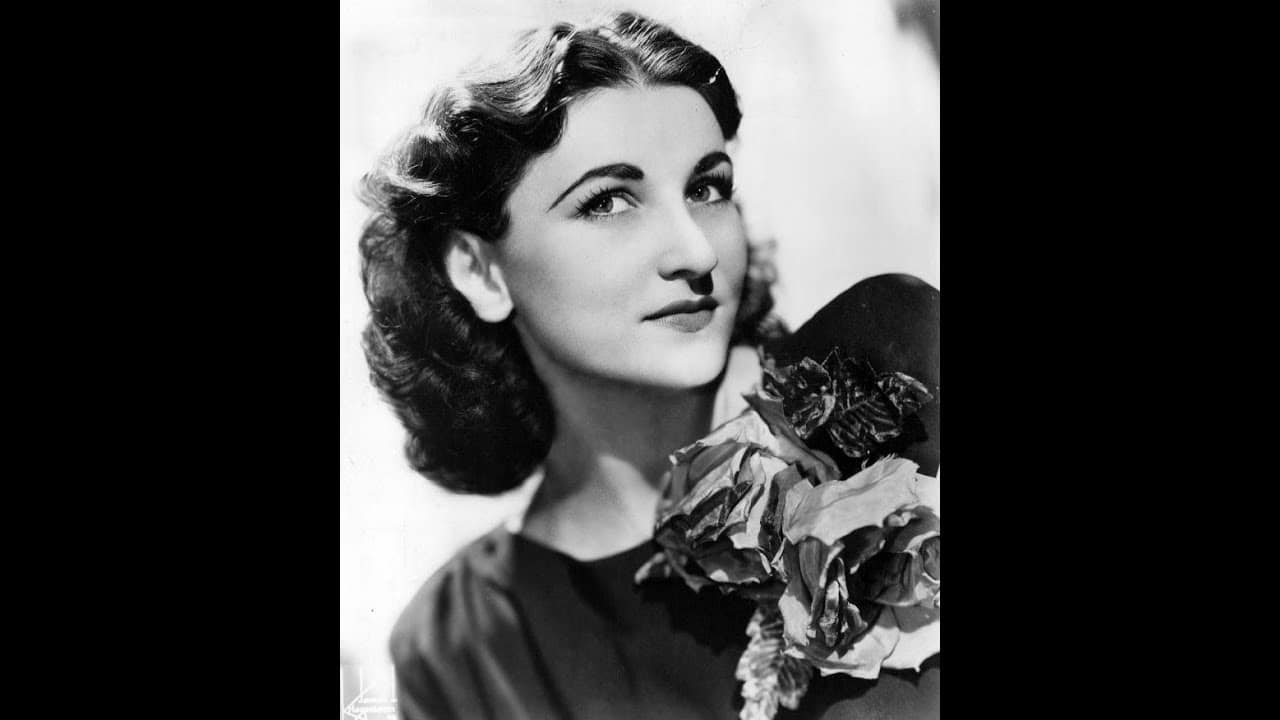Ruth Leon’s 6 Pocket Theatre Reviews
Ruth Leon recommends6 Pocket Theatre Reviews
Hadestown – Lyric Theatre, Shaftesbury Avenue
The Human Body – Donmar Warehouse
Double Feature – Hampstead Theatre
Dear Octopus – National Theatre Lyttleton
Standing At The Sky’s Edge – Gillian Lynne Theatre
I wrote last week about Tracy Ann Oberman’s brave turn as Shylock in The Merchant of Venice set in 1936 against the background of the Battle of Cable Street when the East End of London rose up as one to oppose Oswald’s Mosley’s Fascists. This week, by coincidence, there’s a shining new musical, Cable Street, which focuses specifically on those 1936 events and tells the stories of those East Enders, Jewish and not, who supported their neighbours’ protest, and won, and those who did not.
Another inavertent double feature (sorry) is Double Feature, a new play by John Logan, in two stories, both based on reality, about the film industry in the 1960s. In one, Ian McNeice is a note-perfect Alfred Hitchcock, bullying Tippi Hedron, his star in Marnie and The Birds into a near breakdown. The other has a young director, Michael Reeves trying to direct a recalcitrant aging Vincent Price, viciously played by Jonathan Hyde, in a film he hopes will be his breakthrough as a serious director. Both these stories, unrelated, play out simultaneously on the same set.
The Human Body, a new play by Lucy Kirkwood, takes on not only the emergence of British women following WW2, when they had discovered while the men were away at war, that they could run almost everything without them, but also the politics of the nascent NHS, and the emerging British film industry with a beautiful homage to Brief Encounter, complete with black and white film closeups. Keeley Hawes is a doctor and aspiring politician who meets Jack Davenport’s minor Hollywood actor on a train and the rest is Brief Encounter-derived fantasy.
Hadestown won 8 Tony Awards for its Broadway run including Best Musical and has opened to much fanfare in the West End. It’s a contemporary retelling of the Greek myth of Orpheus and Eurydice with songs by singer/songwriter Anais Mitchell, with fine direction from Rachel Chavkin. It takes us to the underworld and back, intertwining two mythic love stories – that of young dreamers Orpheus and Eurydice, and that of King Hades and his wife Persephone.
Dear Octopus was written by playwright Dodie Smith in 1938 but she’s better known today as the novelist who wrote I Capture The Castle and The 101 Dalmations. At its premiere this play starred Dame Marie Tempest and Sir John Gielgud and was a huge success, running for 376 performances before transferring to Broadway and being made into a film. Dear Octopus is a family play, and the setting is a golden wedding anniversary that reunites the Randolph family on the eve of WWII. The title refers to a toast in the play: “To the family—that dear octopus from whose tentacles we never quite escape, nor, in our inmost hearts, ever quite wish to.” The National Theatre has done it proud with a large and talented cast, led by Lindsay Duncan as the matriarch.
Talking of which, the play of this or any week for me is Standing At The Sky’s Edge, transferred from the National with an even larger cast of talented actors.
You might think that in our current impoverished theatrical times, only the National Theatre could afford to mount a show of this size and breadth with stunning production values of lighting, sound, design and music and another enormous and wonderfully rehearsed cast. But the play originated in its own back yard, at the Crucible in Sheffield, now transferring perfectly out of its immediate environment to take in multiple universal urban themes of poverty, immigration, male pride, female ambition, industrial decay, upward (and downward) mobility, and regeneration.
Stated more simply than it deserves, this is a sprawling, eye-opening musical about three generations of unrelated residents in Sheffield’s famous – and infamous – brutalist housing estate, Park Hill.
These characters are not grand, they are everyday working people living in a Britain which never seems quite to serve their needs but willing to keep trying to move on to a future they can almost, but not quite, see.
They do it with songs by Richard Hawley and a sensitive book by Chris Bush. The director is Robert Hastie, Artistic Director of Sheffield Theatres and his movement of his cast is masterly in intent and execution, supported by Lynne Page’s subtle choreography which beds each character in their own story.
Every technical and artistic aspect of this production works. Even more importantly, every emotional moment is noticed and brought out to be examined by a rapt audience.
I urge you to see it.






Comments